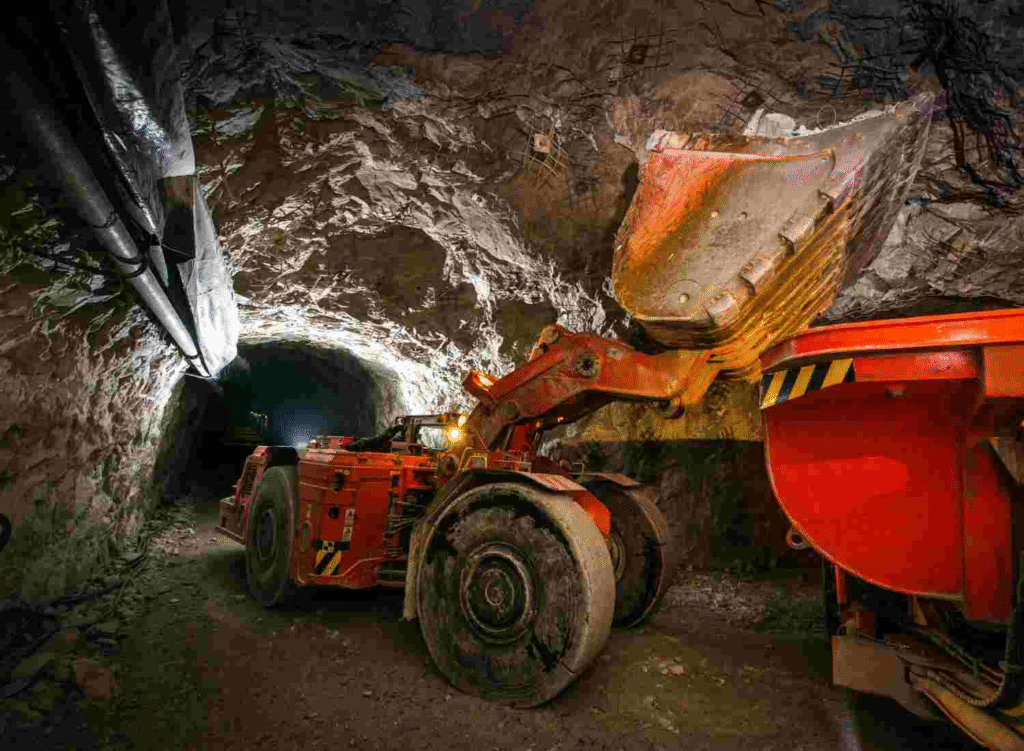Uranium Mining in Africa

Africa is one of the world’s most important regions for uranium production , with several countries playing a major role in supplying this critical mineral used in nuclear energy and industrial applications . From Namibia to Niger , Zambia , and South Africa , the continent holds significant uranium reserves that are increasingly sought after due to the global shift toward clean energy and low-carbon technologies .
Why Is Uranium Important?
Uranium is a radioactive metal primarily used as fuel in nuclear power plants . It is also used in medical imaging , radiation therapy , and industrial applications such as catalysts and shielding materials .
As the world moves toward renewable and low-emission energy sources , the demand for nuclear energy has increased, making uranium mining more relevant than ever.
Key Uranium Mining Countries in Africa
1. Namibia
- Significance : Namibia is the world’s largest producer of uranium , accounting for around 14% of global supply .
- Major Mines : Rössing Uranium Mine (operated by Rio Tinto), Langer Heinrich Mine (by Cameco).
- Reserves : Estimated at over 200,000 tonnes of uranium oxide.

2. Niger
- Significance : Niger is the second-largest uranium producer in Africa and among the top five globally.
- Major Mines : Azelik and Imouraren (owned by Areva and other international companies).
- Reserves : Over 100,000 tonnes of uranium oxide.

3. Zambia
- Significance : Zambia has large uranium deposits, though it is not yet a major producer.
- Key Areas : Copperbelt region, where uranium is often found alongside copper and cobalt.
- Potential : Increasing interest from international investors for exploration and development.
4. South Africa
- Significance : South Africa has significant uranium reserves, though it is not a leading producer.
- Key Areas : Northern Cape, where uranium is mined alongside gold and platinum .
- Companies : Anglo American and Sibanye-Stillwater have explored uranium projects.
5. Mali
- Significance : Mali has potential uranium resources, but mining is limited due to political instability and lack of infrastructure.
- Future Potential : Attracting interest from international miners for exploration.
Economic Impact of Uranium Mining in Africa
Uranium mining plays a crucial role in the economies of several African countries:
- Revenue Generation : Uranium exports contribute significantly to national GDPs.
- Employment : Provides jobs for local communities, especially in remote areas.
- Infrastructure Development : Mining operations often lead to improved roads, electricity, and communication networks.
- Foreign Investment : Attracts international mining companies and investment.
However, the sector also faces challenges such as environmental concerns , labor rights issues , and political instability in some regions.

Environmental and Social Considerations
While uranium mining can bring economic benefits, it also poses environmental and health risks , including:
- Radioactive contamination of water and soil
- Waste management and tailings storage
- Health risks for workers and nearby communities
Many African governments and mining companies are now focusing on sustainable practices , community engagement , and regulatory compliance to mitigate these risks.
The Future of Uranium Mining in Africa
With the global push for clean energy and carbon neutrality , the demand for uranium is expected to grow. This presents new opportunities for African countries to expand their uranium sectors while ensuring responsible and sustainable mining .
Several African nations are also exploring domestic nuclear energy programs , which could further increase the need for local uranium supply .
FAQs
Q: Which African country produces the most uranium?
A: Namibia is the world’s largest uranium producer, followed by Niger .
Q: What is uranium used for?
A: Uranium is primarily used as fuel in nuclear power plants , as well as in medical and industrial applications .
Q: Are there uranium mines in Africa?
A: Yes, uranium is mined in Namibia, Niger, Zambia, South Africa, and Mali , among others.
Q: Is uranium mining environmentally safe?
A: Uranium mining requires strict safety and environmental controls to prevent contamination and protect workers and communities.
Q: Can African countries develop their own nuclear energy programs?
A: Yes, some African countries are exploring nuclear energy as a clean and reliable power source, which could increase the demand for local uranium production .

